Devil in the Grove: Thurgood Marshall, the Groveland Boys, and the Dawn of a New America by Gilbert King “Deeply researched and superbly composed.” Kirkus Starred Review









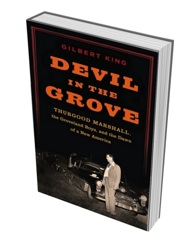








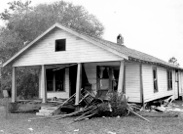
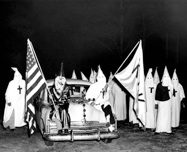

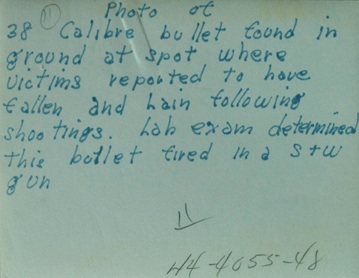
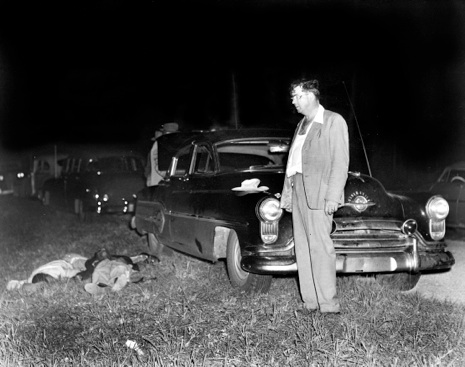
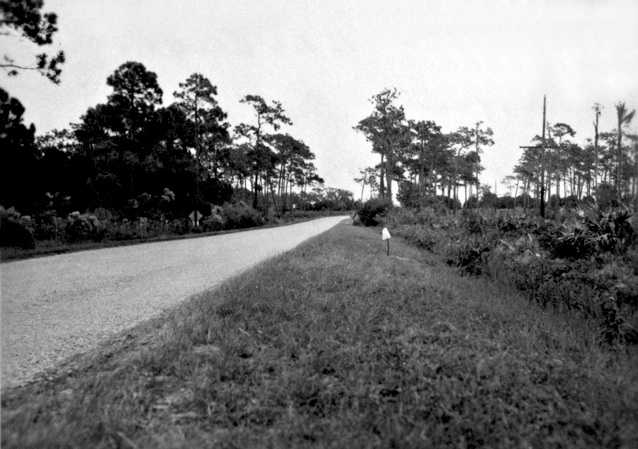
More Photographs

Willis McCall, moments after he shot Walter Irvin and Samuel Shepherd. McCall claimed the two prisoners had attempted to escape from his Oldsmobile 98 on the eve of their retrial.
Sheriff Willis McCall, alone in his car with the two Groveland Boys, Walter Irvin and Samuel Shepherd cuffed together in the front seat, veered off the highway, down this small road in Umatilla, Florida in the dead of night, and ordered the prisoners out of the car to fix a flat tire.
FBI investigators located the missing bullet, buried in the soil beneath Walter Irvin’s “blood spot,” a bombshell discovery that officials at the highest levels of government tried to hide from Thurgood Marshall.

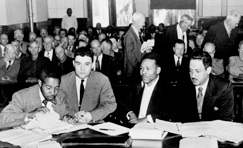


Gilbert King